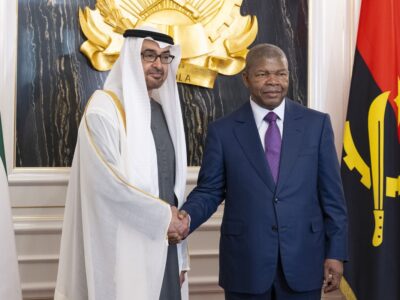The International Criminal Court (ICC) on Thursday issued arrest warrants for Israeli Prime Minister Benjamin Netanyahu and Defense Minister Yoav Gallant. The warrants stem from alleged war crimes and crimes against humanity committed between October 8, 2023, and May 20, 2024.
The Pre-Trial Chamber I unanimously rejected Israel’s challenges to the court’s jurisdiction and found reasonable grounds to charge both officials with multiple serious crimes. The charges include the war crime of using starvation as a method of warfare and crimes against humanity including murder, persecution, and other inhumane acts.
Specifically, the court found evidence that Netanyahu and Gallant intentionally deprived Gaza’s civilian population of essential survival necessities, including food, water, medicine, fuel, and electricity. The Chamber determined that these actions were not justified by military necessity and continued despite international warnings about the humanitarian crisis.
The court highlighted particularly disturbing findings regarding medical care in Gaza, noting that doctors were forced to perform surgeries, including amputations on children, without proper anesthesia due to deliberately restricted medical supplies. These actions were deemed to constitute inhumane acts causing extreme suffering.
Both officials are also charged as civilian superiors for intentionally directing attacks against Gaza’s civilian population, with the court finding evidence of at least two specific incidents of deliberate targeting of civilians.
The arrest warrants have been classified as “secret” to protect witnesses and ongoing investigations, though the ICC took the unusual step of publicly announcing their existence due to the ongoing nature of the alleged crimes and to inform victims and their families.
The ICC’s jurisdiction in this case stems from Palestine’s 2015 accession to the Rome Statute and its acceptance of the court’s jurisdiction. The investigation began following Palestine’s referral of the situation in 2018, with additional referrals made by multiple countries including South Africa, Bangladesh, Bolivia, Comoros, Djibouti, Chile, and Mexico.
Israel had challenged the court’s jurisdiction in September on two grounds: questioning the ICC’s general jurisdiction over the situation in Palestine and Israeli nationals, and requesting a new notification of investigation initiation. Both challenges were rejected by the Chamber, which noted that Israel’s acceptance of jurisdiction was not required due to Palestine’s territorial jurisdiction.

The Chamber found that the alleged crimes occurred within the context of both an international armed conflict between Israel and Palestine and a non-international armed conflict involving Hamas. It determined that international humanitarian law applied due to both parties being High Contracting Parties to the 1949 Geneva Conventions and Israel’s occupation of Palestinian territories.
Notably, the court found that increases in humanitarian assistance to Gaza were often made only in response to international pressure, particularly from the United States, rather than to fulfill obligations under international humanitarian law. These increases were deemed insufficient to meet the population’s essential needs.
This development marks a significant escalation in international legal action regarding the conflict, making Netanyahu the first sitting Israeli Prime Minister to face an ICC arrest warrant. The warrants pose potential diplomatic complications for Israel’s leadership in international relations, as ICC member states are obligated to arrest warrant subjects within their territories.
The ICC’s decision comes against the backdrop of ongoing tensions in the region and represents a major development in the international community’s response to the conflict. The court’s action signals a new phase in the legal scrutiny of military operations and humanitarian conditions in Gaza, with potential far-reaching implications for international justice and diplomatic relations.









